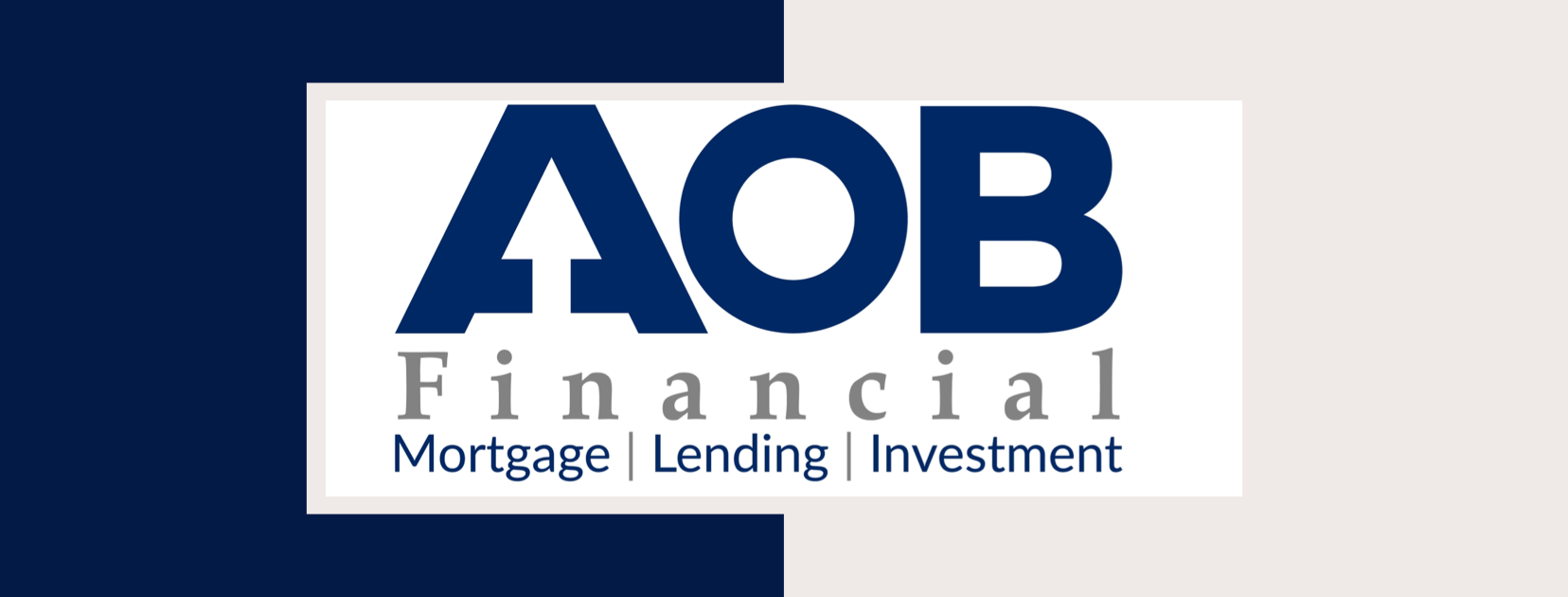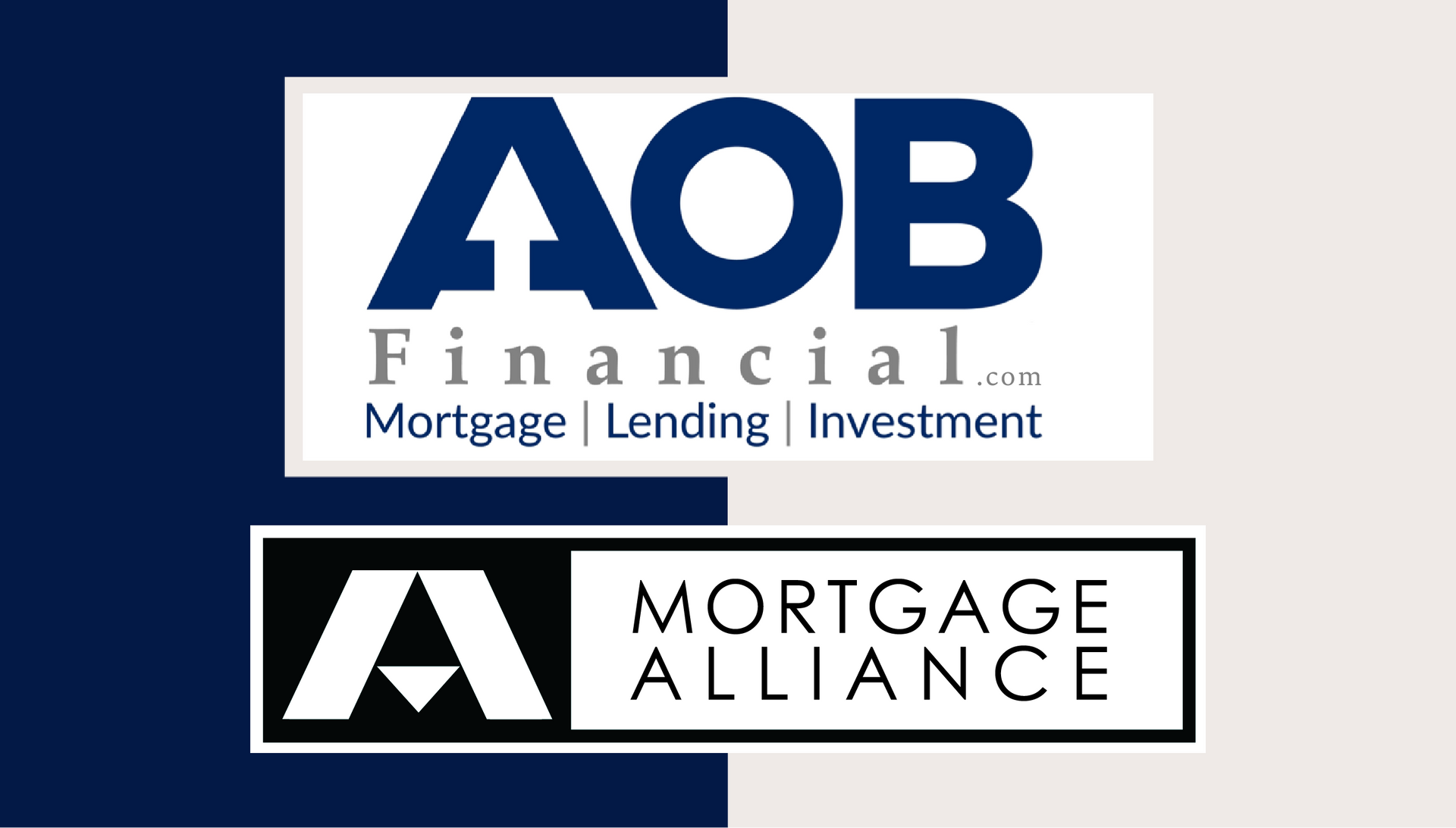How Payment Frequency Impacts Mortgage Financing
You’ve most likely heard that there are two certainties in life; death and taxes. Well, as it relates to your mortgage, the single certainty is that you will pay back what you borrow, plus interest. With that said, the frequency of how often you make payments to the lender is somewhat up to you!
The following looks at the different types of payment frequencies and how they impact your mortgage.
Here are the six payment frequency types
- Monthly payments – 12 payments per year
- Semi-Monthly payments – 24 payments per year
- Bi-weekly payments – 26 payments per year
- Weekly payments – 52 payments per year
- Accelerated bi-weekly payments – 26 payments per year
- Accelerated weekly payments – 52 payments per year
Options one through four are straightforward and designed to match your payment frequency with your employer. So if you get paid monthly, it makes sense to arrange your mortgage payments to come out a few days after payday. If you get paid every second Friday, it might make sense to have your mortgage payments match your payday.
However, options five and six have that word accelerated before the payment frequency. Accelerated bi-weekly and accelerated weekly payments accelerate how fast you pay down your mortgage. Choosing the accelerated option allows you to lower your overall cost of borrowing on autopilot. Here’s how it works.
With the accelerated bi-weekly payment frequency, you make 26 payments in the year. Instead of dividing the total annual payment by 26 payments, you divide the total yearly payment by 24 payments as if you set the payments as semi-monthly. Then you make 26 payments on the bi-weekly frequency at the higher amount.
So let’s use a $1000 payment as the example:
Monthly payments formula: $1000/1 with 12 payments per year. A payment of $1000 is made once per month for a total of $12,000 paid per year.
Semi-monthly formula: $1000/2 with 24 payments per year. A payment of $500 is paid twice per month for a total of $12,000 paid per year.
Bi-weekly formula: $1000 x 12 / 26 with 26 payments per year. A payment of $461.54 is made every second week for a total of $12,000 paid per year.
Accelerated bi-weekly formula: $1000/2 with 26 payments per year. A payment of $500 is made every second week for a total of $13,000 paid per year.
You see, by making the accelerated bi-weekly payments, it’s like you end up making two extra payments each year. By making a higher payment amount, you reduce your mortgage principal, which saves interest on the entire life of your mortgage.
The payments for accelerated weekly payments work the same way. It’s just that you’d be making 52 payments a year instead of 26.
By choosing an accelerated option for your payment frequency, you lower the overall cost of borrowing by making small extra payments as part of your regular payment schedule.
Now, exactly how much you’ll save over the life of your mortgage is hard to nail down. Calculations are hard to do because of the many variables; mortgages come with different amortization periods and terms with varying interest rates along the way. However, an accelerated bi-weekly payment schedule could reduce your amortization by up to three years if maintained throughout the life of your mortgage.
If you’d like to look at some of the numbers as they relate to you and your mortgage, please don’t hesitate to connect anytime; it would be a pleasure to work with you.





